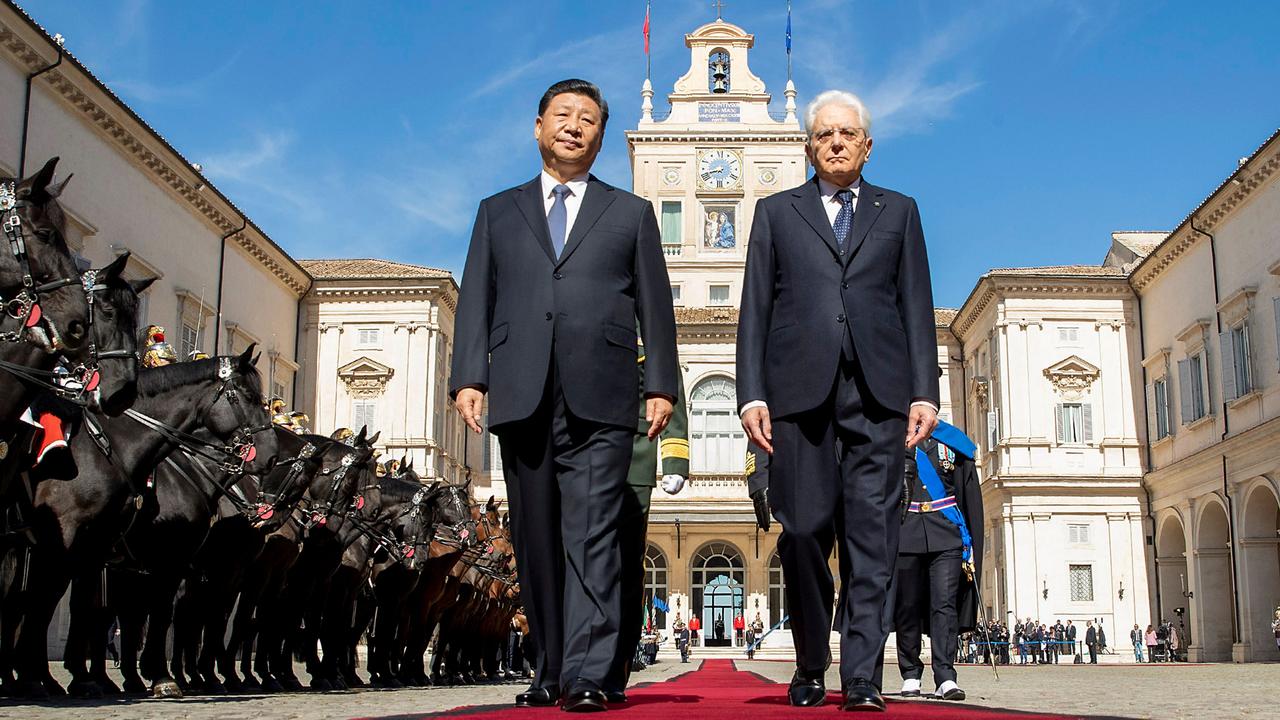
Foreign Minister Marise Payne says her department is making representations to China about the detention of Australian writer Yang Hengjun to “ensure that the matter is dealt with transparently and fairly”.
Good luck with that.
Those diplomats are even more aware than most folk that transparency and fairness are a very long way from core goals of China’s judicial/security system. There is no way in the world that anyone outside the party-state hierarchy can “ensure” them.
It is cause for much sadness that China has taken a turn in the past few years that means Yang’s fate is just part of a broader thrust. Beijing has pushed out internationally, seeking to extend its influence but without genuine conversations and without seeking or considering the views of friends and neighbours.
As it has done so, the party-state has at home upgraded its surveillance and control to an extraordinary degree.
While “going global”, it has not at core conceded that people of ethnic Chinese origins can owe primary loyalty beyond itself. Every year, Australia accepts more Chinese people as citizens than the immigrants the People’s Republic of China has accorded citizenship from all parts of the globe during its entire 70-year existence.
For those people who become citizens elsewhere, travelling to China on foreign passports provides some protection, but only to a degree. They may still be prone to detention for “thought crimes”, a term invented by George Orwell in 1949, wherever those thoughts are hatched or expressed.
Many people born in China choose to retain their Chinese passports even while becoming foreign citizens — but using those Chinese passports to travel back to their country of origin can pose extra risks. They would not be entitled automatically, in such cases, to the consular protections of their new homes.
Yang, however, almost certainly used his Australian passport to enter China.
The recently released Stern Hu, as well as Matthew Ng and Charlotte Chou — all back in Sydney — were jailed in China for charges that would probably not even have been considered criminal offences in Australia.
Yang is being interrogated at a secret venue over allegedly “engaging in criminal acts that endangered China’s national security”. He is a famous blogger, with hundreds of thousands of followers on Weibo, and most likely his detention was triggered by his expressions of support for increased democracy in China.
He thought he was immune, because he had entered China earlier without issue, and had in recent years focused on earning commercial income for his second family in New York, stepping aside from the commentaries that had made him famous.
The times, though, have changed. The party-state feels increasingly under international pressure over its Belt and Road strategy, over trade and investment challenges, especially of course from the US, and, still, over the South China Sea.
As a result, controls have stepped up, and those with oversight of the security apparatus are less inclined to forgo opportunities to silence and make examples of critics, even those of yesteryear.
It is crucial to speak publicly about those cases. Silence is perceived as appropriately submissive. Privacy conditions must be waived when it is clearly in the interest of those detained, and especially when the case has become a global concern as with Yang’s.




To join the conversation, please log in. Don't have an account? Register
Join the conversation, you are commenting as Logout